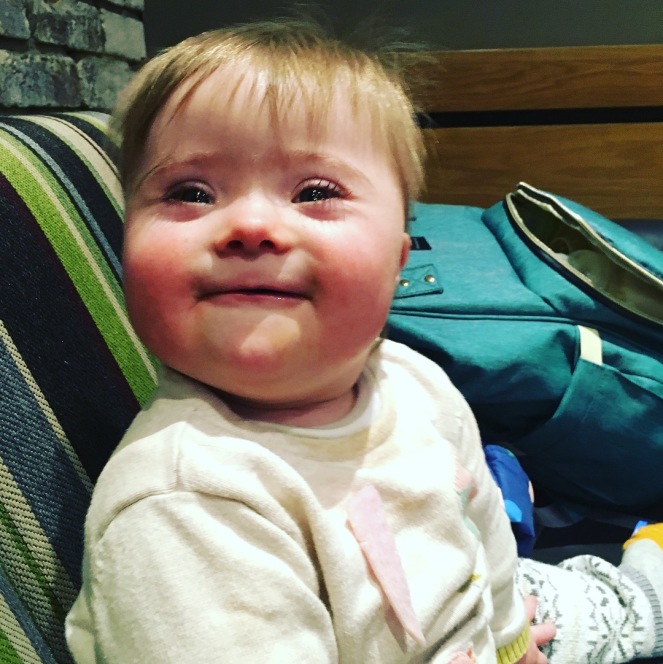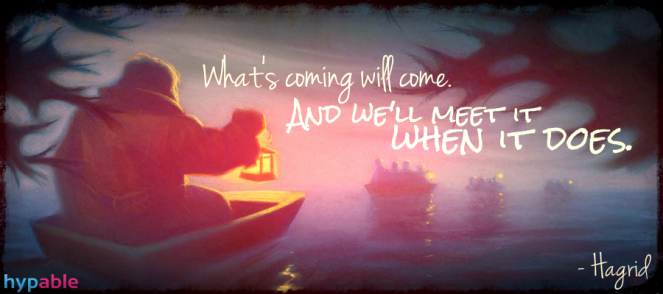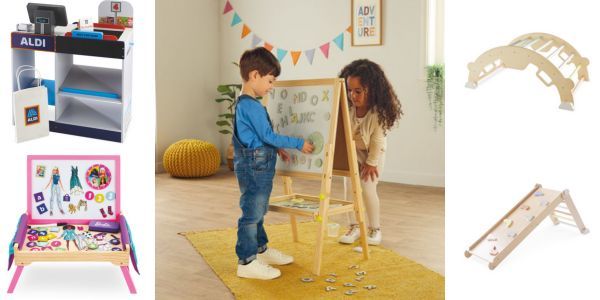

Written by Gracie Gee for her blog, Lucky21.
You can follow her on Facebook here!
Of all the questions I have been asked as a parent of a child with Down Syndrome, this one has been the most surprising and also the most common. When I take Molly to baby classes or we go out to appointments or anywhere public where I find myself in a conversation with a stranger, the age old ‘elephant in the room’ pops into my head. Do I or don’t I mention that she has Down Syndrome?
It doesn’t define her worth, existence or anything in fact. It’s a part of who she is but it isn’t solely who she is. It shouldn’t matter. It doesn’t matter. But in the past I’ve been caught off guard by people who didn’t know or realise and then discussing our children or my child they seemed confused by something I’ve said. When I’ve clarified her condition it has caused momentary awkwardness as they rearrange their expression or consider how to respond without offending.
However I’ve been pleasantly surprised to find that everyone with whom we have come into contact has had so many positive and lovely things to say about Down Syndrome, people they know with the condition and how it is really not the negative it is portrayed to be.
There seems to be a general awareness that Down Syndrome is a spectrum. And inevitably, at whichever stage in the conversation DS is brought up I will be asked, “do you know how severe it is yet?” Or, “when will they be able to tell you how severely she has it?” It’s an intriguing question for a number of reasons. As a parent receiving a postnatal diagnosis, I didn’t realise there were different degrees of severity and considered people with DS who needed less support as adults who had received a more nurturing upbringing. This was my ignorance but given the possibilities open to people with DS now compared to pre1971 and institutionalization it’s easy to see how this assumption could be made . In addition, I recently read an article demonstrating the difference in brain development between two year olds, one who had had a very nurturing and loving background and one who came from a background of neglect and the difference in the size and development of their brains was catastrophic. So again, it’s understandable how that assumption of more nurture equals better development could have been made. According to that article (a sweeping summary) love is all you need.
I’ve struggled, though, to answer the question of severity effectively.
A spectrum is not a number line. Molly won’t be given a number on a form that sets her below or above her peer with DS in any way. True, her paediatrician or other professionals might comment that she is developing well or that she has significant delays in certain areas. But at no point will they say “Molly is Grade 3 on the scale” or “Molly has Level 5 Down Syndrome”.
To dispel some other myths too; you can’t just “look a bit Downs” or “only have physical features” or only have “a mild case”. It isn’t like chicken pox. You either have DS or you don’t but it doesn’t mean you are identical in your genetic make up to other people with DS either; you are just as much an individual as anybody else with your own challenges and strengths. Just as all people from one race don’t look the same and aren’t the same in their thoughts, personalities, interests and abilities.
More importantly, what do we mean by severe any way? How could it be quantified or measured? If we look at the different areas of development that all children are measured in, which do we value most and by which can we measure severity? Should we class physical developmental delays as more severe than communication delay or delayed social skills? It would all be completely subjective and therefore redundant.
You need to see the person not the condition. Just as you shouldn’t judge anyone by their appearance or one piece of information about them.


We don’t know what the future holds for Molly. We don’t know what challenges will arise for her. But in the words of JK Rowling, “What’s coming will come. And we’ll meet it when it does.” For now, let’s focus on the present and what an amazing present she is!



.png)







